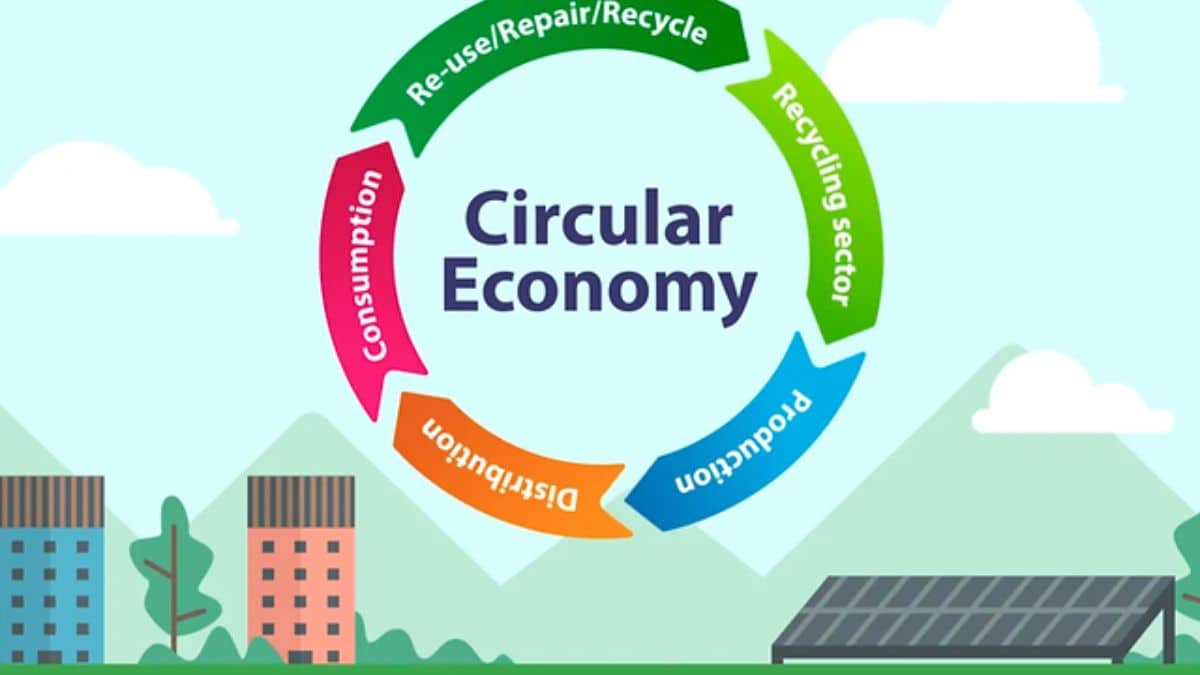Japan’s government has announced plans to hold a series of ministerial meetings aimed at developing comprehensive policies to promote the creation of a circular economy. This strategic initiative is designed to transform the country’s resource management practices, emphasizing the reuse and recycling of materials such as metal and plastic rather than their disposal.
The shift towards a circular economy represents a significant move away from the traditional linear economic model, where resources are extracted, used, and discarded. By focusing on circularity, Japan aims to enhance resource efficiency, minimize environmental impact, and create sustainable economic growth. This approach not only addresses the pressing issue of resource scarcity but also aligns with global efforts to combat climate change and reduce pollution.
The planned ministerial meetings will bring together key government officials from various departments, including the Ministry of the Environment, Ministry of Economy, Trade and Industry, and the Ministry of Agriculture, Forestry and Fisheries. These discussions will focus on formulating policies that encourage recycling, innovative product design, and the establishment of a robust recycling infrastructure.
One of the primary objectives of these meetings is to identify and eliminate barriers to the development of a circular economy. This includes reviewing existing regulations and incentives, fostering public-private partnerships, and promoting technological innovation. By creating a conducive environment for circular practices, the government aims to stimulate investment and innovation in recycling technologies and sustainable product designs.
Moreover, the initiative will address the entire lifecycle of products, from production and consumption to waste management and recycling. Policies will encourage manufacturers to adopt eco-friendly designs that facilitate recycling and reuse. For consumers, the focus will be on raising awareness and providing incentives to participate in recycling programs. Effective waste management systems and the development of advanced recycling technologies will also be critical components of the strategy.
Japan has already made significant strides in recycling and waste management. The country boasts one of the highest recycling rates in the world, particularly for materials like paper and metal. However, challenges remain, especially in the recycling of plastics and electronic waste. The government’s new policies aim to tackle these challenges head-on, ensuring that all types of materials are effectively reused and recycled.
The promotion of a circular economy is expected to have wide-ranging benefits. Environmentally, it will reduce the burden on landfills, decrease greenhouse gas emissions, and conserve natural resources. Economically, it will create new business opportunities, generate employment, and reduce dependency on imported raw materials.

